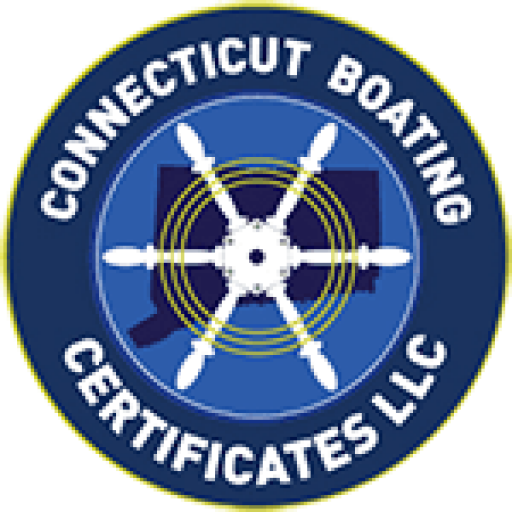Call: 1-800-832-7191
NASBLA eLearning
How Do I Log Into My NASBLA eLearning Account? To begin, visit the NASBLA homepage.Next, click the SIGN IN button at the top right corner.Use the same account you use for conferences or live training.Then, enter your username and password on the login screen.After logging in, click on NASBLA eLearning to access your dashboard. What If I Forgot My Password? …
